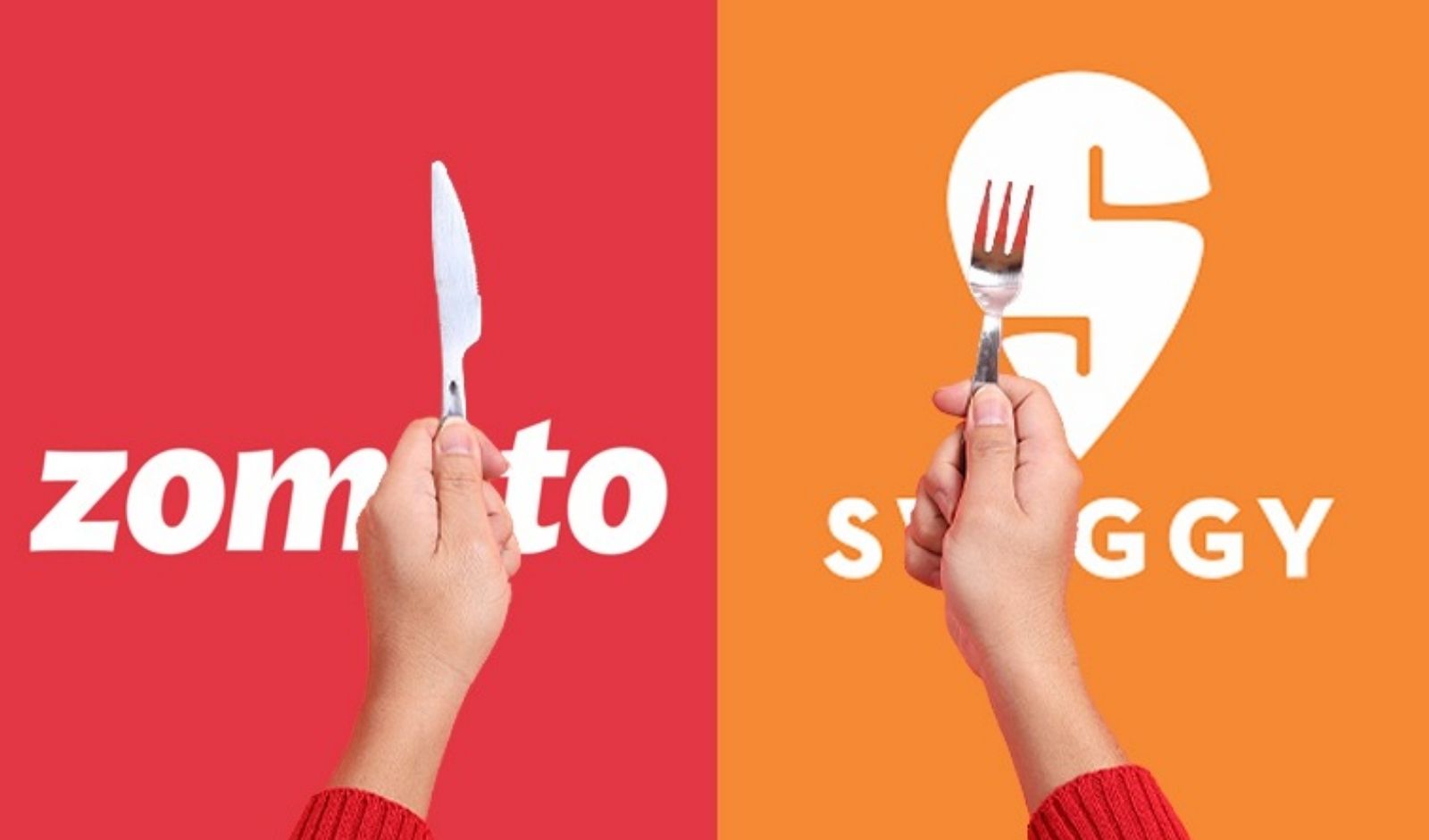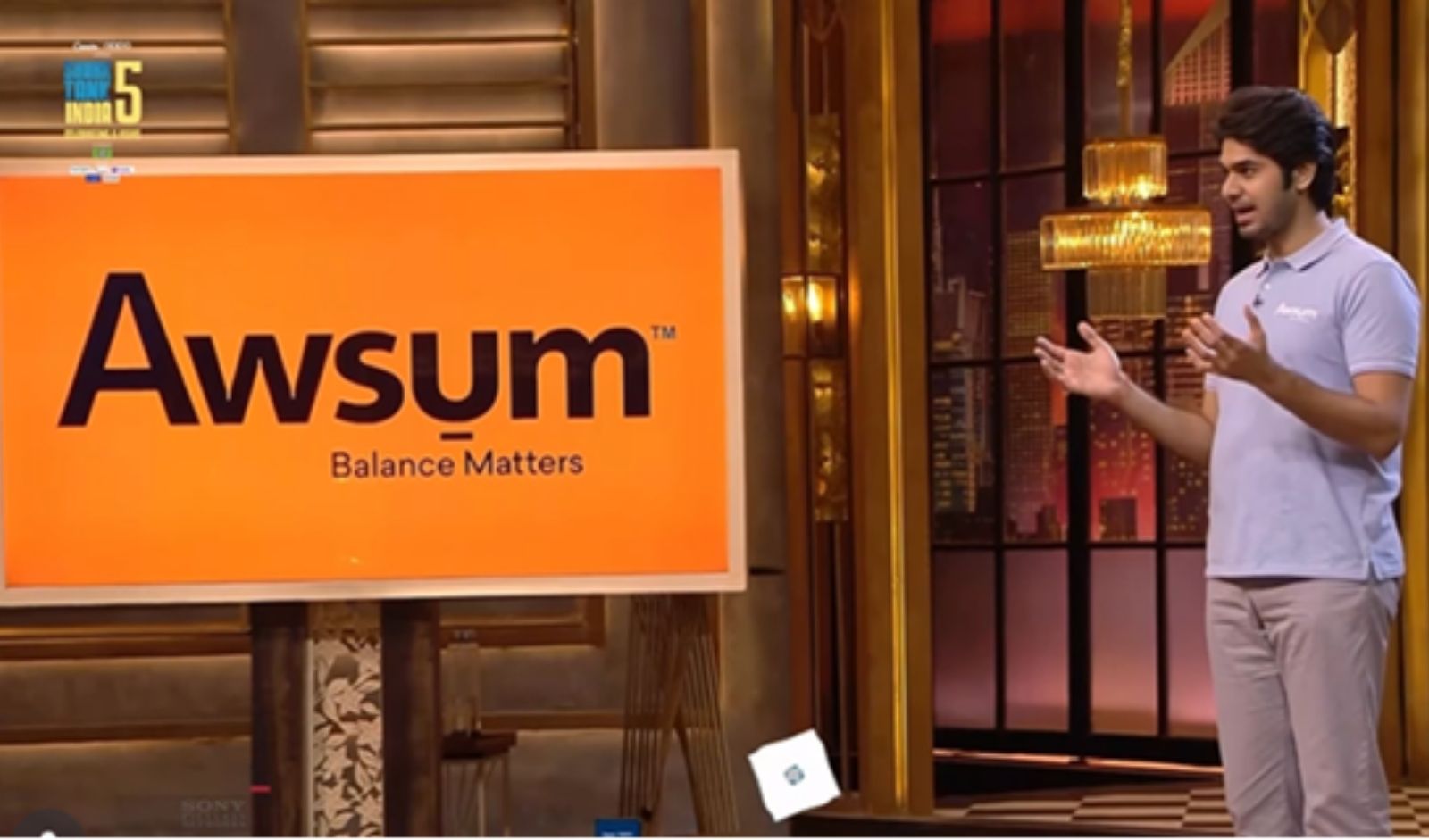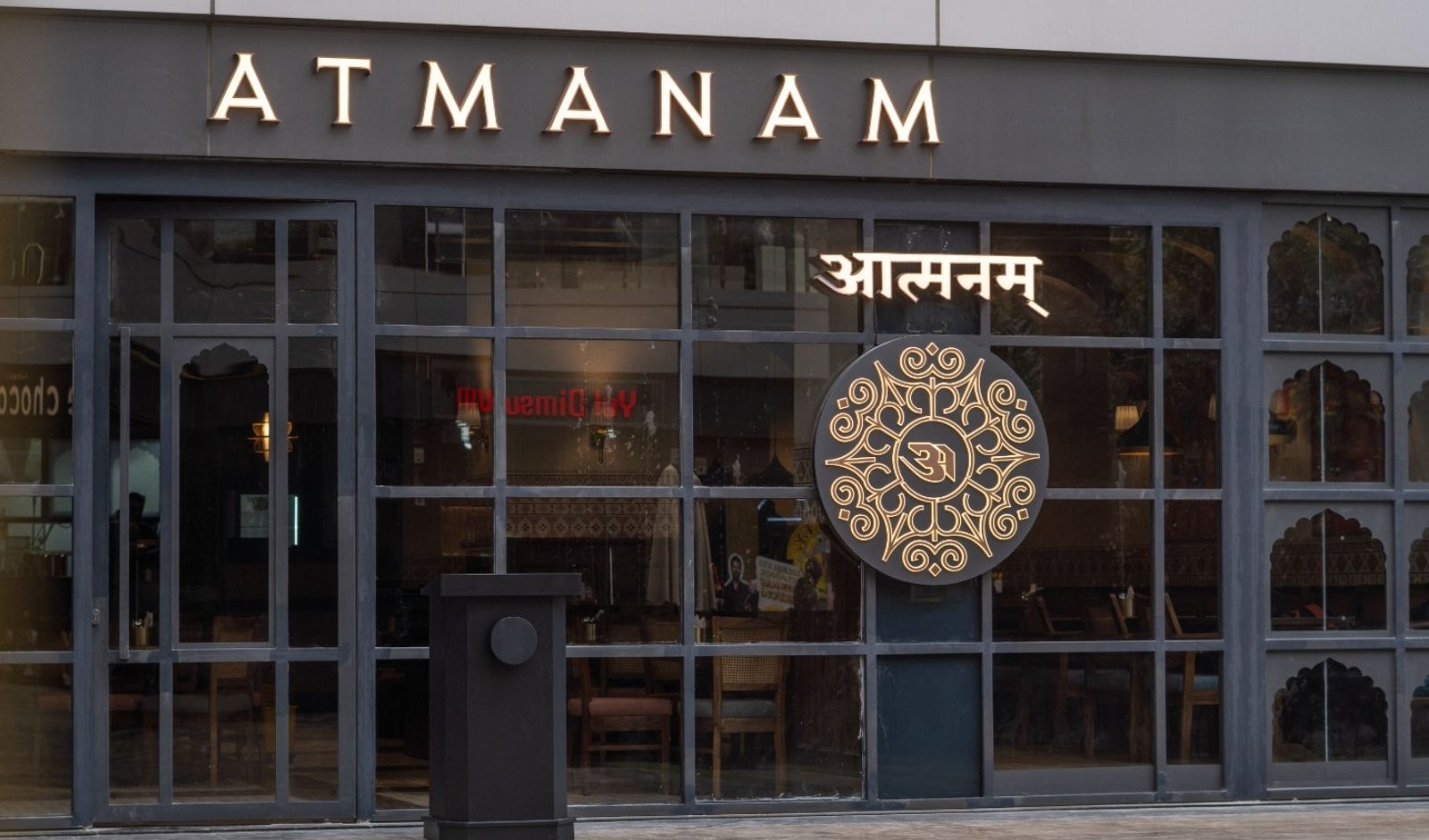
The restaurant industry in India is gearing up to challenge food aggregators Zomato and Swiggy over their entry into quick-commerce (Q-commerce) through private label apps. The National Restaurant Association of India (NRAI) is considering multiple options, including taking the matter to the Competition Commission of India (CCI), while the Federation of Hotel & Restaurant Associations of India (FHRAI) plans to approach the Ministry of Commerce for government intervention, citing violations of e-commerce rules.
Zomato’s Blinkit and Swiggy’s new offerings—Bistro and Snacc—are being viewed as a breach of marketplace neutrality. These platforms, which began as aggregators, are now competing directly with their restaurant partners by offering their own products. FHRAI’s vice president, Pradeep Shetty, expressed concern, saying, “This is a clear violation of e-commerce rules. Zomato and Swiggy are marketplace platforms and they should remain so. If they start selling their products, the neutrality of the platforms will be defeated. Moreover, they are using the data collected by associating with restaurants all these years for this.”
Independent restaurateurs are also worried that this move will threaten their survival. Joy Singh, Co-Founder, Yeti – The Himalayan Kitchen, stated, “These apps were also aggregators and not operators and it is cannibalising the product that they survive upon. After this, favouritism will start. This private labelling is not right and they should stick to being aggregators for F&B. Also, these apps are surviving on our database. Customers are loyal to specific brands, and playing on the cost approach, discounts and same product offerings will definitely affect our business adversely.”
Several industry players raised ethical concerns about how these private labels are using restaurant-generated data to create competing products. Shruti Malik, founder of Anardana, commented, “The evolution of Zomato and Swiggy from food delivery platforms to direct competitors of restaurants is deeply concerning. Restaurants are already grappling with minimal profit margins and hefty commission fees. Now, these platforms appear to be using the data we helped generate—customer preferences, sales trends, and operational metrics—to create their own products. This feels like an unfair advantage and raises ethical questions.” She further called for “strong regulatory measures” to prevent misuse of market dominance.
Aashi Gupta, Co-Founder of SALT, stated, “The issue at hand is not competition itself but the principle of fairness. Platforms like Zomato and Swiggy have unparalleled access to consumer preferences, sales data, and performance metrics—data generated largely through the efforts of restaurants. Leveraging this information to undercut their partners raises serious ethical concerns.” She stressed that “restaurants are the cornerstone of the food delivery ecosystem, and their survival is vital for maintaining culinary diversity.”
Similarly, Naman Singh Mehar of The Drunken Botanist warned, “The entry of Q-commerce players with private labels will stifle the prospects of independent restaurants and regulatory oversight is critical at this juncture.”
Industry leaders are united in their call for intervention, urging regulators to ensure that competition remains fair. They emphasize that independent restaurants are essential to the food delivery ecosystem, contributing significantly to culinary diversity and customer experience. As platforms expand into Q-commerce, the restaurant industry insists that fairness and transparency must guide innovation to avoid monopolistic practices that could undermine the sector’s future.
Copyright © 2009 - 2026 Restaurant India.








